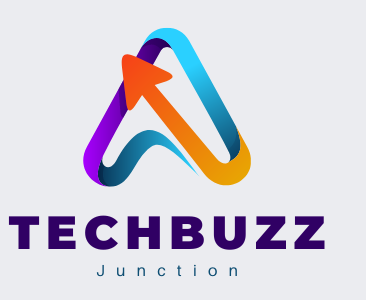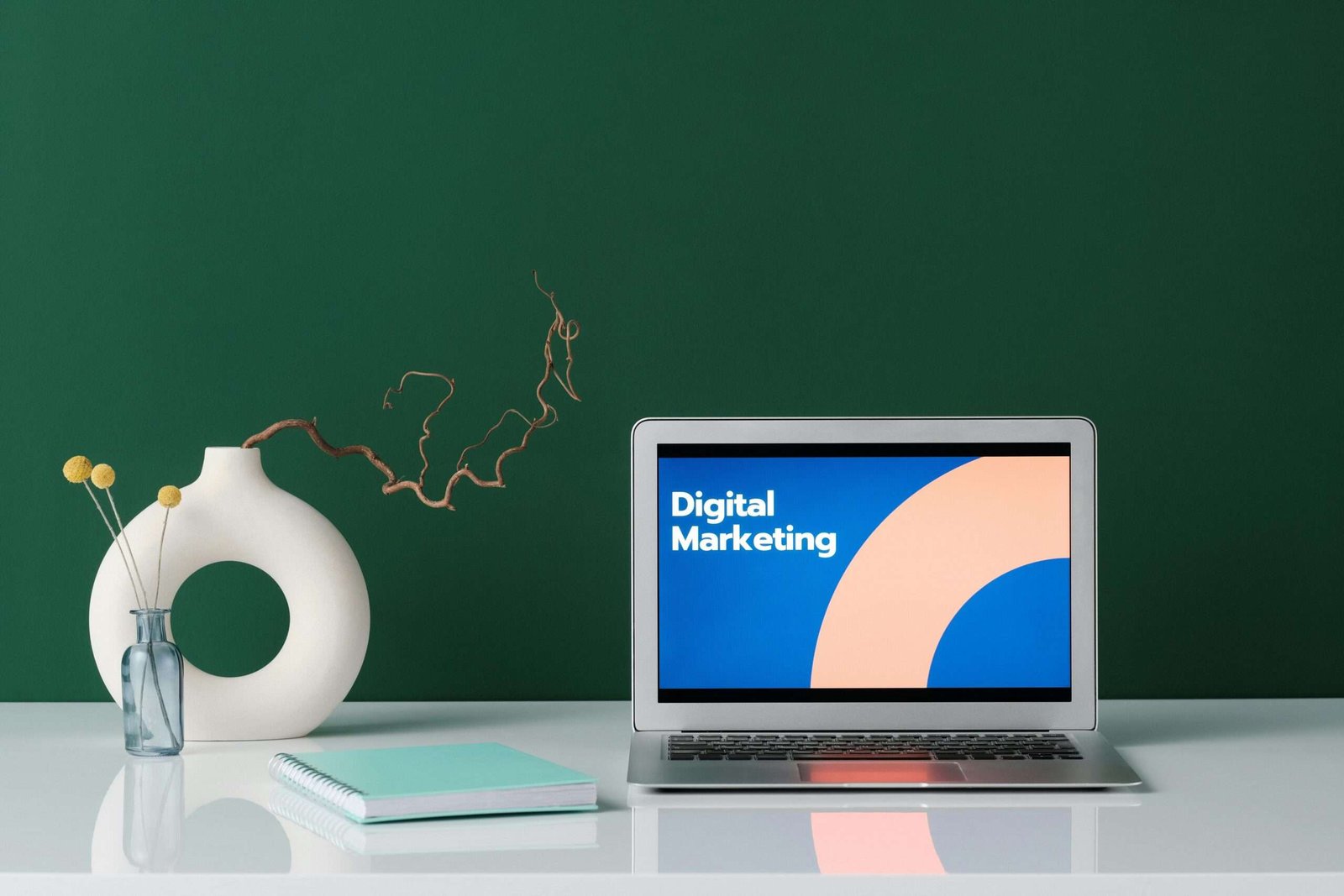Digital marketing refers to the use of digital channels, platforms, and technologies to promote products, services, or brands to reach and engage with potential customers. It encompasses a wide range of online marketing tactics and strategies aimed at connecting businesses with their target audience, driving website traffic, generating leads, and ultimately increasing sales and revenue.
Digital marketing allows businesses to reach a global audience, target specific demographics, track and measure campaign performance in real-time, and adjust strategies quickly based on insights and feedback. It continues to evolve rapidly with advancements in technology, consumer behavior, and digital platforms, offering businesses various opportunities to connect and engage with customers in today’s digital age.

Digital Marketing Components:
- Search Engine Optimization (SEO): SEO involves optimizing your website to rank higher in organic search engine results pages (SERPs). This includes on-page optimization (content, keywords, meta tags) and off-page optimization (backlink building, social signals). The goal is to increase visibility and drive organic (unpaid) traffic to your website.
- Search Engine Marketing (SEM): SEM involves paid advertising on search engines. The most common form is Pay-Per-Click (PPC) advertising, where advertisers bid on keywords and pay for each click on their ads. Google Ads (formerly known as Google AdWords) is the most popular platform for SEM.
- Social Media Marketing (SMM): SMM involves promoting your brand and content on social media platforms Digital marketing to increase brand awareness, drive traffic, and engage with your audience. Popular platforms include Facebook, Instagram, Twitter, LinkedIn, Pinterest, and Snapchat.
- Content Marketing: Content marketing focuses on creating and distributing valuable, relevant, and consistent content to attract and retain a clearly defined audience. Content can take various forms, including blog posts, articles, videos, infographics, eBooks, podcasts, and more.
- Email Marketing: Email marketing involves sending targeted messages to a list of subscribers to promote products, services, or events, nurture leads, and build customer relationships. Effective email marketing requires crafting engaging content, segmenting your audience, and personalizing messages.
- Affiliate Marketing: Affiliate marketing is a performance-based marketing strategy where businesses reward affiliates (publishers or influencers) for driving traffic or sales to their website through the affiliate’s marketing efforts. Affiliates earn a commission for each sale or action generated through their unique referral link.
- Influencer Marketing: Influencer marketing involves collaborating with influential individuals or personalities in your industry or niche to promote your products or services to their audience. Influencers can help increase brand visibility, credibility, and reach a targeted demographic.
- Online PR (Public Relations): Online PR focuses on managing a brand’s online reputation and visibility through various digital channels. This includes tactics such as press releases, media outreach, online reviews, and crisis management.
- Mobile Marketing: Mobile marketing targets users on mobile devices such as smartphones and tablets. It includes strategies like mobile-responsive website design, mobile apps, SMS marketing, in-app advertising, and location-based marketing.
- Analytics and Data-driven Marketing: Analytics play a crucial role in digital marketing by providing insights into consumer behavior, campaign performance, and ROI. Marketers use tools like Google Analytics, social media analytics, and CRM systems to track metrics, analyze data, and optimize Digital marketing strategies.
List Of Digital Marketing Product To Promote :
- Software as a Service (SaaS): SaaS products continue to thrive in various domains, including project management, customer relationship management (CRM), collaboration tools, marketing automation, and more. Examples include Slack, Zoom, Salesforce, and HubSpot.
- Streaming Services: With the increasing demand for digital entertainment, streaming platforms for movies, TV shows, music, and gaming remain highly popular. Examples include Netflix, Spotify, Disney+, and Twitch.
- Mobile Apps: The demand for mobile applications across diverse categories such as social media, gaming, productivity, e-commerce, and health and fitness remains strong. Apps like TikTok, Instagram, Among Us, and fitness tracking apps have gained significant traction.
- E-books and Digital Publications: With the rise of e-readers and digital publishing platforms, digital books, magazines, newspapers, and educational materials continue to be widely consumed. Platforms like Kindle, Apple Books, Audible, and Medium cater to this Digital marketing.
- Online Courses and E-learning Platforms: The popularity of online learning has surged, particularly with the increased adoption of remote education and professional development. Platforms such as Coursera, Udemy, Khan Academy, and LinkedIn Learning offer a wide range of courses on diverse topics.
- Digital Subscriptions and Memberships: Subscription-based services for content, software, premium features, and exclusive access continue to attract consumers. Examples include subscription boxes, streaming subscriptions, Patreon memberships, and software subscriptions like Adobe Creative Cloud.
- Digital Tools for Remote Work: With the widespread adoption of remote work, digital tools facilitating communication, collaboration, project management, and productivity are in high demand. Examples include Zoom, Microsoft Teams, Google Workspace, and Slack.
- Virtual Goods and NFTs (Non-Fungible Tokens): Digital collectibles, virtual assets, and unique digital content traded on blockchain platforms have gained significant attention and adoption. Examples include digital art, virtual real estate, in-game items, and tokenized assets. More Details About Digital Marketing .

